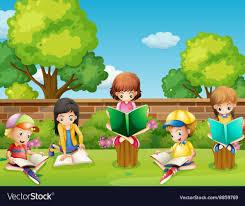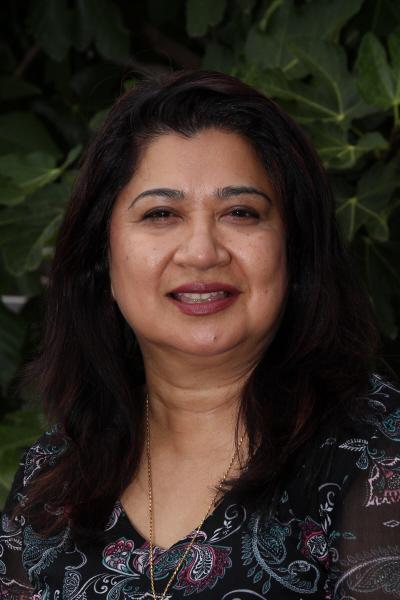Home Learning

Home Learning
Here are some basic principles, grounded in research and science, that provide an overarching structure to your approach to make learning more productive and long-lasting—whatever the learning materials in your home.
Learning is not just about exposing a child to interesting content.
Flexible learning environments provide a variety of choices for how and where a student might want to learn. When students can tailor their space to their work, they feel more engaged and are more productive, so encourage students to move the furniture and props to fit their learning needs.


You might consider implementing an at-home version of a “greeting at the door,” a fun ritual to start the day. Just like what teachers do at the start of every day.
Generally, younger students need more breaks, but students of all ages benefit from them. For young students, research shows brain breaks improve attention span. Breaking lessons into smaller, more manageable chunks helps students focus. Older students need breaks every 20-30 minutes to maintain focus and energy.
One misconception about teaching is that its primary function is to help students retain information, but retention is just the first step. Effective learning requires that students retrieve information frequently and then make new meaning of it. This process, called consolidation, is often reinforced in traditional classrooms through reviews and quizzes, or through multi-sensory practices like drawing, composing a song, or building a model about what has recently been learned.
At home, prioritise opportunities to engage in active learning through discussion, writing, or producing art, over more passive practices such as re-reading or rote note-taking. Learning requires repeated, active manipulation of the materials being learned.
Research shows that when students solve problems that are challenging, but still within their abilities, they deepen their learning. Allow students to wrestle with problems before intervening.
Help students move beyond a compliance mindset—"I’ve completed my work, can I go now?"— by building in time for passion projects and fun. You want kids to have intrinsic motivation to keep working hard, so use school at home as an opportunity for deeper learning where kids use their environment to explore different subjects.
Household activities like cooking or organising offer the opportunity to develop problem-solving skills. New research shows that music, art, drawing, and dance are highly engaging activities that also improve language skills, mental focus, empathy, and creativity.
Finally, in the hustle of academic work, don’t forget the importance of play. Not only does it provide a respite for the brain after taxing analytical tasks like Mathematics or Science, but decades of research shows that exercise can actually alter brain structure in ways that improve memory, attention, mood, and cognitive function. Unstructured play with few rules and lots of room for imagination is recommended by the American Academy of Paediatrics because it gives kids a space and time to practice social-emotional skills and creative problem-solving.


Iris DeVisser
Religious Education Leader/ Literacy Leader
A message from your local library:
"Due to Covid 19, we had to shut our doors to the general public but have opened new ways for the community to engage with us: our online storytime sessions, craft activities and a lot more!
The reason I am contacting you is simply because the Premiers Reading Challenge has started and as a mum myself, I know it is quite frustrating for parents to find books labelled PRC when the libraries are closed. However, I have been able to compile a list of books both from Borrowbox and storybox with the appropriate PRC levels.
Thank you
Wendy Bronqueur Librarian |
| Email: Wendy.Bronqueur@monash.vic.gov.auPhone: (03) 9560 1655 |